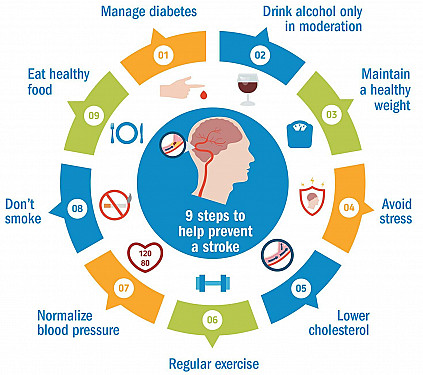Which is healthier: Coffee or tea?
On call

Q. I enjoy my morning cups of coffee, but I've read about the health benefits of tea and wonder if tea is a healthier choice?
A. Many studies have shown that both coffee and tea drinkers may experience health benefits compared to people who don't consume these beverages. However, it's important to note that all these studies are observational, which means we can't say for sure that coffee or tea leads explicitly to better health outcomes.
However, there are plausible reasons why coffee and tea may be connected to health benefits, beginning with caffeine. Studies have focused more on caffeine than the other ingredients in coffee and tea. Results have found that caffeine directly enhances alertness and concentration while combating fatigue. It can also improve athletic performance, most likely related to an increase in adrenal hormone levels and a metabolic energy boost. Caffeine may even elevate mood.
Regular coffee provides a bigger caffeine punch per ounce compared to tea. That's why most people reach for coffee when they need a stimulant. Generally, an 8-ounce cup of regular coffee contains about 80 to 100 milligrams (mg) of caffeine. The caffeine content in tea varies depending on the kind. For example, green tea has the highest caffeine concentration, 40 to 70 mg per 8-ounce serving. Other teas have less, and many herbal teas contain minimal, if any, caffeine.
A total daily caffeine intake of up to 400 mg is safe. Most studies examining the link between caffeine consumption and better health outcomes suggest that 300 mg daily is the sweet spot. However, even much smaller amounts of caffeine make some people jittery or anxious or disrupt sleep.
Both beverages are also rich in antioxidants like polyphenols, which help reduce chronic inflammation and neutralize cell-damaging free radicals. Green and black tea tend to have higher polyphenol content than other teas and are close to the high antioxidant amounts in coffee.
Coffee drinking is associated with a host of health benefits, including less heart disease, type 2 diabetes, fatty liver, depression, and cognitive decline. Regular coffee consumption is also linked to longer life.
Because of the variety of teas, there are fewer documented health benefits. However, a large observational study published online Sept. 17, 2024, by The Journal of Clinical Endocrinology & Metabolism found that drinking 200 to 300 mg of caffeinated tea or coffee per day was linked to a lower risk of diabetes, coronary artery disease, and stroke. From a health standpoint, there is no reason to change from coffee to tea. But you might enjoy sampling some caffeinated teas to add some variety to your morning beverage.
Image: © tiverylucky/Getty Images
About the Author

Howard E. LeWine, MD, Chief Medical Editor, Harvard Health Publishing; Editorial Advisory Board Member, Harvard Health Publishing
Disclaimer:
As a service to our readers, Harvard Health Publishing provides access to our library of archived content. Please note the date of last review or update on all articles.
No content on this site, regardless of date, should ever be used as a substitute for direct medical advice from your doctor or other qualified clinician.
















